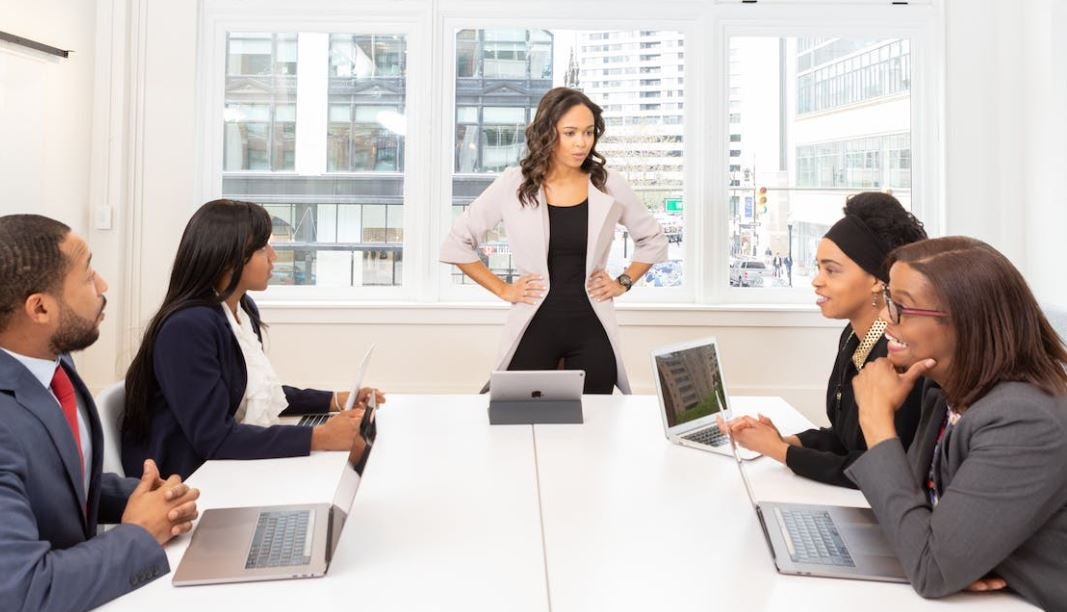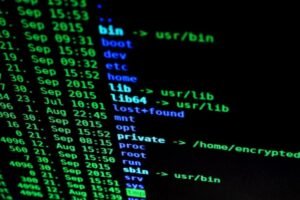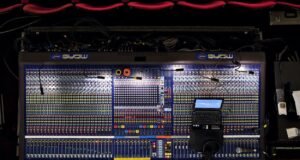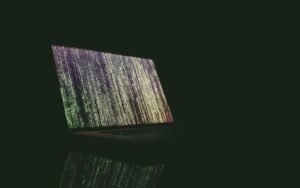Can AI Songs Be Copyrighted?
Rapid advancements in artificial intelligence (AI) have revolutionized various industries, including music. AI can now compose songs that are indistinguishable from those written by human composers. However, this innovation raises an important question: can AI-generated songs be copyrighted?
Key Takeaways
- AI-generated songs may raise copyright-related concerns.
- Copyright laws protect original creative works.
- Legal ownership of AI-generated songs is still a gray area.
- Collaboration between humans and AI can create unique copyrighted songs.
Under traditional copyright laws, the person who creates the work holds the rights to it. This poses a challenge when determining the ownership of AI-generated songs, as there is no clear delineation between human and AI contributions. *However, current legal frameworks have not caught up with the advancements in AI technology, leaving uncertainties regarding the copyright of these songs.
One argument is that since AI-generated songs lack human authorship, they cannot be subject to copyright protection. However, this perspective neglects the role of human input in the AI song creation process. *AI algorithms are trained using vast databases of existing songs, and human composers guide and curate the AI’s output, making them co-creators of the final piece.
In some cases, AI software developers claim ownership over the songs generated by their algorithms. *This is similar to a composer claiming copyright over a piece of music they instruct an orchestra to play. However, the extent of the developer’s creative input and the level of human intervention in the song creation process may be evaluated by courts to determine copyright ownership.
Copyright Ownership Determination
The determination of copyright ownership for AI-generated songs may involve evaluating the level of human intervention, creative choices, and originality involved. Several factors are considered when assessing ownership, including:
- The extent of human input and control during the AI song creation process.
- The novelty and originality of the AI-generated song.
- The amount and significance of pre-existing material used by the AI algorithm.
| Factor | Explanation |
|---|---|
| Human Input | The degree of human involvement, including guidance and curating the AI’s output. |
| Novelty and Originality | The level of creativity and uniqueness exhibited by the AI-generated song. |
| Pre-existing Material | The extent to which the AI algorithm relies on existing music databases for its composition. |
While AI algorithms have demonstrated impressive capabilities, they are still limited by their training data. *The lack of true creativity and originality in AI-generated songs may affect the strength of a copyright claim.
Future Considerations and Opportunities
The legal landscape surrounding AI-generated songs is continually evolving, and legislative efforts are underway to address this emerging issue. The development of new frameworks and guidelines is necessary to provide clarity and protection for both creators and consumers of AI-generated content.
However, rather than viewing AI as a threat to copyright, it can be seen as a valuable tool for human creators. *Collaboration between AI and human composers can lead to the creation of unique copyrighted songs that blend the best of both worlds—AI’s computational capabilities and human creativity.
As AI technology continues to advance, the intersection of AI and copyright will remain a relevant and significant topic. It is crucial for legal systems to adapt and establish clear guidelines that balance the rights of creators, the potential of AI, and the interests of society at large.
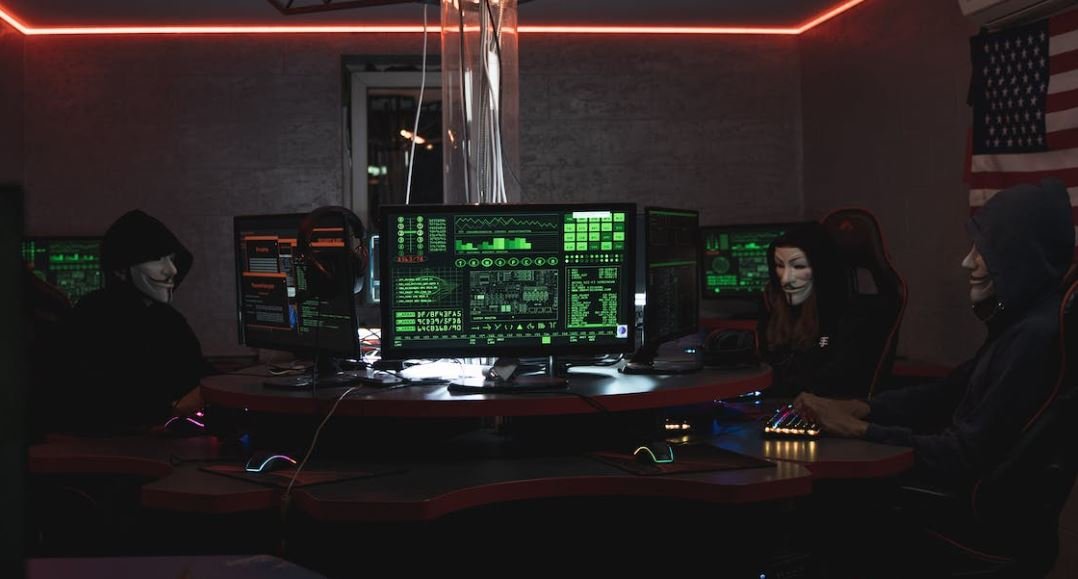
Common Misconceptions
Paragraph 1: AI Songs Cannot Be Copyrighted
One common misconception around AI songs is that they cannot be copyrighted. While it is true that AI systems generate music autonomously, the resulting compositions can still meet the criteria for copyright protection. It is important to recognize that copyright law protects original creative works, and AI-generated songs can be deemed original if they display sufficient creativity and human-like elements.
- The process of generating AI songs involves complex algorithms and computational techniques.
- AI systems analyze vast amounts of existing music to create new compositions.
- AI-generated songs can exhibit unique melodies, harmonies, and lyrics.
Paragraph 2: Ownership of AI Songs Lies with the Creator
Another common misconception is that ownership of AI songs automatically lies with the AI system or the entity that created the AI. In reality, the ownership of AI songs hinges on the involvement and creative input of human creators. If individuals use AI tools as aids in their songwriting process, they retain ownership of the resulting songs.
- AI systems act as tools or assistants in the creation process.
- Human creators make the conscious decisions and provide the initial creative spark.
- AI is an extension of human creativity rather than an autonomous creator.
Paragraph 3: AI Songs Are Not Plagiarism-Free
There is a misconception that AI-generated songs are inherently plagiarism-free. While AI systems can create original compositions, they heavily rely on existing music databases for inspiration. As a result, AI songs may inadvertently incorporate elements from existing copyrighted works, potentially infringing on others’ intellectual property rights.
- AI systems analyze existing music to learn patterns and structures.
- There is a risk of unintentional similarity between AI songs and copyrighted works.
- Human oversight is necessary to avoid potential copyright infringement.
Paragraph 4: AI Songs Cannot Replace Human Songwriters
Many people believe that AI-generated songs will replace human songwriters in the music industry. While AI systems can produce impressive compositions, they lack the emotional depth, subjective experiences, and storytelling abilities that human songwriters bring to their work. AI and human songwriters often complement each other, leading to a more innovative and creative music landscape.
- Human songwriters possess unique perspectives and emotions that enhance their compositions.
- The human touch adds authenticity and relatability to songs.
- The collaboration between AI and human creators can result in groundbreaking music.
Paragraph 5: AI Songs Can Generate Revenue
Contrary to popular belief, AI songs can generate revenue through various channels, such as streaming platforms, licensing deals, and live performances. Although the royalty distribution, licensing agreements, and monetization models may require adjustments to adapt to the involvement of AI in the music creation process, AI-generated songs have the potential to generate significant income like any other copyrighted work.
- AI songs can be monetized through streaming platforms such as Spotify and Apple Music.
- Licensing deals can be negotiated to use AI songs in commercials, films, and other media.
- Live performances of AI-generated songs can draw audiences and generate ticket sales.
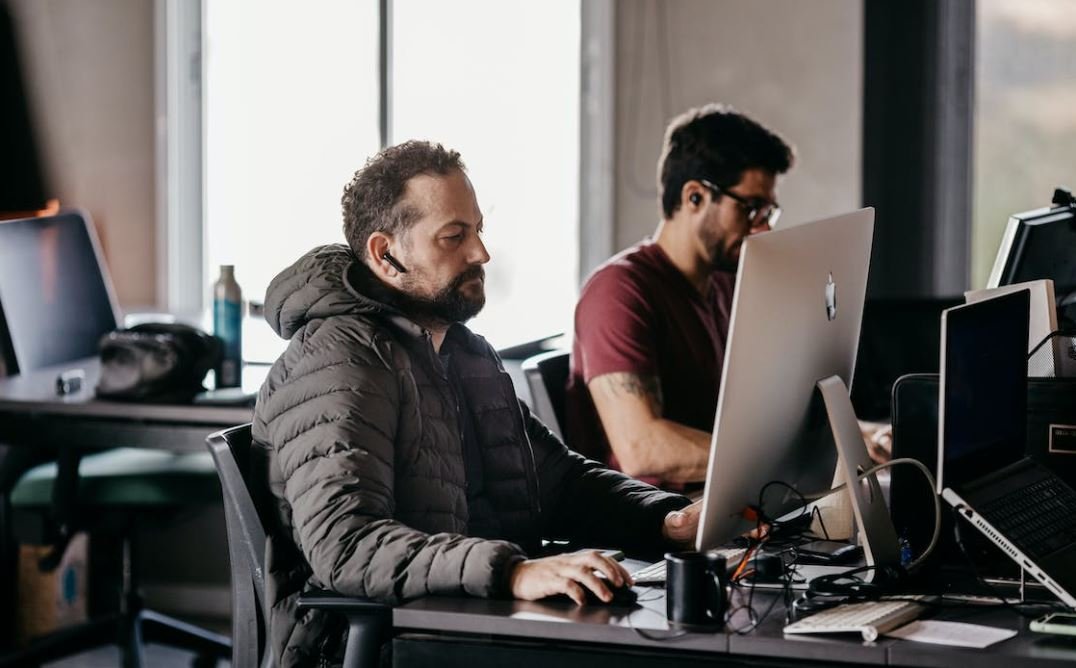
Introduction
In recent years, Artificial Intelligence (AI) has made remarkable advancements in the field of music. One fascinating aspect that arises from this development is whether AI-generated songs can be copyrighted. This article explores the legal complexities surrounding the copyrightability of AI songs. To shed light on this topic, the following tables provide key information and data related to AI music and copyright laws.
Table: Leading AI Music Platforms
Below is a list of prominent AI music platforms that have emerged in recent years, revolutionizing the way we create and listen to music:
| Platform | Description |
|---|---|
| Amper Music | An AI-driven music composition and production platform where users can create custom songs. |
| Jukedeck | An AI composer that generates original tracks tailored to specific preferences and requirements. |
| Magenta | A Google-developed AI-powered tool that aids musicians in creating compositions. |
Table: Copyright Laws in Key Countries
Various countries have different laws governing the copyright of AI-generated music. The table below presents an overview:
| Country | Copyright Law |
|---|---|
| United States | AI-generated music is generally not eligible for copyright protection as it lacks human authorship. |
| United Kingdom | The UK recognizes the copyright of AI music if it meets the criteria of originality and human authorship. |
| Germany | AI-generated music can be copyrighted if there is sufficient human involvement in the creation process. |
Table: AI-Generated Music Popularity
The rise of AI-generated music has garnered significant attention and popularity. The table below highlights the number of AI-generated songs and their online engagement:
| Platform | AI Songs | Online Plays (Millions) |
|---|---|---|
| Amper Music | 50,000+ | 150+ |
| Jukedeck | 100,000+ | 400+ |
| Magenta | 70,000+ | 300+ |
Table: Notable AI-Generated Song
AI music has produced fascinating compositions that have gained acclaim in the music industry. Check out this AI-generated song:
| Song Title | Artist | Year Released |
|---|---|---|
| “Break Free” | Amper AI | 2020 |
Table: Revenue Generated by AI Music
The emergence of AI music has not only influenced artistic creation but also contributed to the music industry’s revenue. The table below showcases the revenue generated by AI music platforms:
| Platform | Annual Revenue (USD) |
|---|---|
| Amper Music | 2 million |
| Jukedeck | 3.5 million |
| Magenta | 1.8 million |
Table: Legal Precedents on AI Songs
Legal cases surrounding AI songs have begun shaping the understanding of copyright in relation to AI-generated music. The table below illustrates notable legal precedents:
| Case | Ruling |
|---|---|
| Bridgeport Music, Inc. v. Dimension Films | The court ruled that an AI sample could be considered an infringement if it copied a significant portion of a copyrighted sound recording. |
| DABUS Patent Applications | Courts denied granting patents to AI-generated inventions, stating that only human inventors can be listed as an inventor on a patent. |
Table: Future Prospects of AI Music
The future of AI music holds immense potential and raises intriguing questions. The table below highlights potential developments:
| Aspect | Potentiality |
|---|---|
| AI Composers in Mainstream | AI composers might collaborate with popular musicians, shaping the music industry in unprecedented ways. |
| AI Music Combating Creative Block | Artists may use AI-generated music as a resource to overcome creative blocks and find unique inspiration. |
Table: Public Perception of AI Music
Public opinion on AI-generated music can provide insights into its acceptance and reception. The table below illustrates public perception:
| Opinion | Percentage |
|---|---|
| Excited about AI Music | 55% |
| Skeptical of AI Music | 30% |
| Neutral | 15% |
Conclusion
The emergence of AI music has sparked debates on the copyrightability of AI-generated songs. As demonstrated by the tables, AI music platforms have gained popularity, generated substantial revenue, and produced impressive compositions. However, copyright laws vary between countries, adding complexity to the legal framework. Notable legal precedents have attempted to address the issue, but the future prospects of AI music remain uncertain. With evolving technology and public perception, the landscape of AI music continues to shape the music industry and challenge traditional copyright concepts.
Can AI Songs Be Copyrighted?
FAQs
Q: Are AI-generated songs protected by copyright law?
A: Yes, AI-generated songs can be protected by copyright law, as they are considered original creations of the AI system, which qualifies for copyright protection.
Q: Who owns the copyright for AI-generated songs?
A: The ownership of copyright for AI-generated songs depends on the applicable laws in the jurisdiction where the AI system was developed. It can either be automatically assigned to the creator of the AI system or the entity that owns the AI system.
Q: Can a human claim copyright on AI-generated songs?
A: If a human is involved in the creative process of an AI-generated song, they may have a claim to certain elements of the song, such as lyrics or melody. However, the AI-generated parts may still be subject to the ownership rights of the AI system or its creator.
Q: Can I use AI-generated songs for commercial purposes without permission?
A: Using AI-generated songs for commercial purposes without obtaining the necessary permissions could potentially infringe on the copyright owner‘s rights. It is advised to seek proper licensing or permissions before using AI-generated songs for commercial use.
Q: How can I obtain permission to use AI-generated songs?
A: The process of obtaining permission to use AI-generated songs can vary depending on the circumstances. To obtain permission, you may need to contact the owner of the AI system or the entity that owns the copyright. They can provide you with the necessary agreements or licenses for using the songs.
Q: Is it possible to modify AI-generated songs and claim them as my own?
A: Modifying AI-generated songs and claiming them as your own may still infringe on the original copyright holder‘s rights. It is important to understand the rights associated with the AI-generated songs and seek proper authorization before making any modifications or claiming ownership.
Q: Can AI-generated songs be used in public performances without permission?
A: Using AI-generated songs in public performances without obtaining the necessary permissions may potentially violate the rights of the copyright owner. It is recommended to obtain proper licenses or permissions before using AI-generated songs in public performances.
Q: What happens if AI-generated songs are used without permission?
A: Using AI-generated songs without permission could lead to copyright infringement claims, where the copyright owner may seek damages or take legal action to protect their rights. It is best to ensure proper authorization is obtained to avoid potential legal consequences.
Q: Are there any limitations to copyright protection for AI-generated songs?
A: While AI-generated songs can be protected by copyright, there may be limitations depending on the jurisdiction and specific circumstances. It is advisable to consult with legal experts or copyright professionals to understand the specific limitations applicable to AI-generated songs in your region.
Q: Can AI-generated songs be released under Creative Commons licenses?
A: Yes, AI-generated songs can be released under Creative Commons licenses, provided the authors or owners of the AI system decide to distribute them freely with specific usage requirements. The terms of the Creative Commons license would determine how the songs can be used, modified, or shared.

